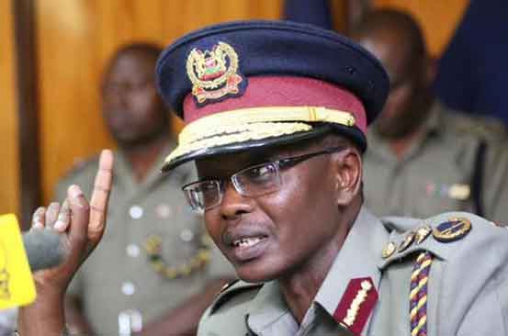×
The Standard e-Paper
Kenya’s Boldest Voice

The National Police Service has dismissed as unfounded claims by civil society organization that police are behind extrajudicial killings and disappearance of 81 people in Coastal region in the past five years in the war on terrorism.
Inspector General of Police Joseph Boinnet said through his spokesman some of the cases cited in the report include the killing of terror suspect Ismail Soshi on September 27 in a shootout in Mombasa.